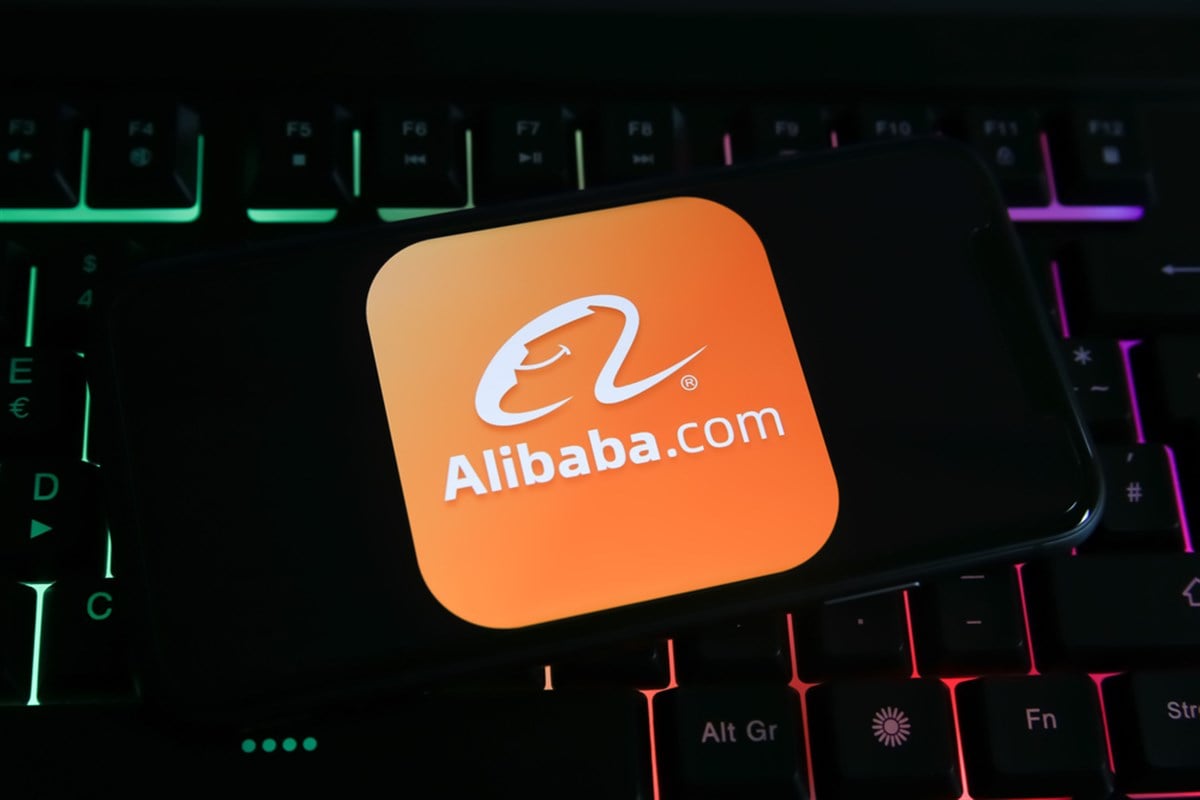
Far from blindly following the most prominent names on Wall Street, retail investors could reverse engineer the recent moves made by giants like Warren Buffett and Ray Dalio. However, a critical piece of information must be added to this equation: Relative account size and buying power. Running the largest hedge fund in the world, Dalio can’t just pick any value stock; it has to be a big enough fish to reel in.
In the same way, Buffett’s Berkshire Hathaway Inc. (NYSE: BRK.A) can’t just go with any value stock, as the company’s financials now hold a record $180 billion in cash set aside for the right opportunity. So, for investors in their early days, an investor like Michael Burry (the guy who called the 2008 financial crisis) is better suited to reverse engineer investment decisions.
Burry’s fund, Scion Capital, shows exciting decisions in the technology and consumer discretionary sectors in both the U.S. and China. He has reduced his positioning in Amazon.com Inc. (NASDAQ: AMZN) while buying up shares of Alibaba Group (NYSE: BABA) and taking an interest in physical gold funds. Here’s what could be driving Burry to make this rotation today.
A Global Market Super Cycle
The two most important economies in the world are about to make a rotation, which has yet to be seen since 2008. Chinese and American stocks should be at the top of investors' minds worldwide, though not all are created equal.
Amazon is part of the ‘magnificent 7’, which recently pushed the S&P and NASDAQ indexes to new all-time highs. However, the rest of the market showed lackluster performance, meaning that a small percentage of companies were responsible for most of the stock market’s run.
Those getting most of the credit were found in the technology and business services sectors. According to the ISM services PMI index, these sectors have had consecutive monthly expansions since 2020, which recently took a turn to the downside.
April’s services PMI showed the first contraction reading in more than 24 months, while its cousin, the ISM manufacturing PMI, edged closer to expanding after a 15-month contraction. In China, it’s been more challenging to say the least.
The Chinese economy's manufacturing and services sectors have been in contraction since the COVID-19 pandemic, which is why the CSI 300 (China's S&P 500) fell to near-decade lows. Stocks became so cheap that their average dividend yield surpassed the Chinese 10-year bonds.
Any time this happens in an economy, investors consider equities in that nation to be cheap enough to pose little to no risk. The last time this happened in the U.S. was in 2020 when a 180% rally came soon after in only a year.
Knowing that this rotation out of American services and technology (like Amazon) and into anything Chinese is about to happen, Burry decided to take this rotation literally.
Here’s What Investors Can Do with This Information
Recently, stocks in the manufacturing sector have outperformed most in the magnificent seven to crystalize this economic fact. Shares of Mueller Water Products Inc. (NYSE: MWA) and ATI Inc. (NYSE: ATI) have outperformed names like Nvidia Co. (NASDAQ: NVDA), Tesla Inc. (NASDAQ: TSLA) and even Apple Inc. (NASDAQ: AAPL) over the past month.
Seeing the markets play out the rotation in live price action, investors can start hunting for value in both U.S. manufacturing sectors or look to take on a bit more risk (for potentially more reward) in Chinese names like Alibaba.
Pegging these two technology giants against each other, here’s what that looks like.
Is Burry Right in This Decision?
For starters, being a value investor often requires buyers to be willing to go against the trend. Amazon stock has reached 96% of its 52-week high, so as a true contrarian, Burry started selling Amazon shares against bullish momentum.
But he didn’t stop there; he reportedly sold Alphabet Inc. (NASDAQ: GOOGL) from the same U.S. basket. With this new liquid buying power, he chose Alibaba and JD.com Inc. (NASDAQ: J.D.) to replace American counterparts, making them his largest portfolio holdings today.
Wall Street analysts may condemn Burry’s decision. They see up to 23.5% earnings per share (EPS) growth for Amazon in the next 12 months while only expecting 11.0% growth from Alibaba.
Because Alibaba’s recent quarter shows a severe EPS contraction due to equity investment losses, Burry could be betting that the actual core operations in the business are still driving a higher valuation.
That’s where analysts could see eye-to-eye with Burry, as those at Citigroup saw it fit to slap a $122 price target for Alibaba, calling for up to 36% upside from where the stock trades today. On the other hand, J.P. Morgan analysts see a $240 valuation for Amazon, or 30% higher than today’s price.
Apart from being in completely different countries, these two seem to differ in their price action and valuations. Burry saw Alibaba’s 86% of its 52-week high and 20.6x P/E ratio as a more attractive proposition than Amazon’s 96% and 51.7x P/E ratio.
Whether he is right is up to the market, though Ray Dalio seems to be in sync. The Wall Street legend has been buying into the iShares MSCI China ETF (NASDAQ: MCHI) since the third quarter of 2023.




